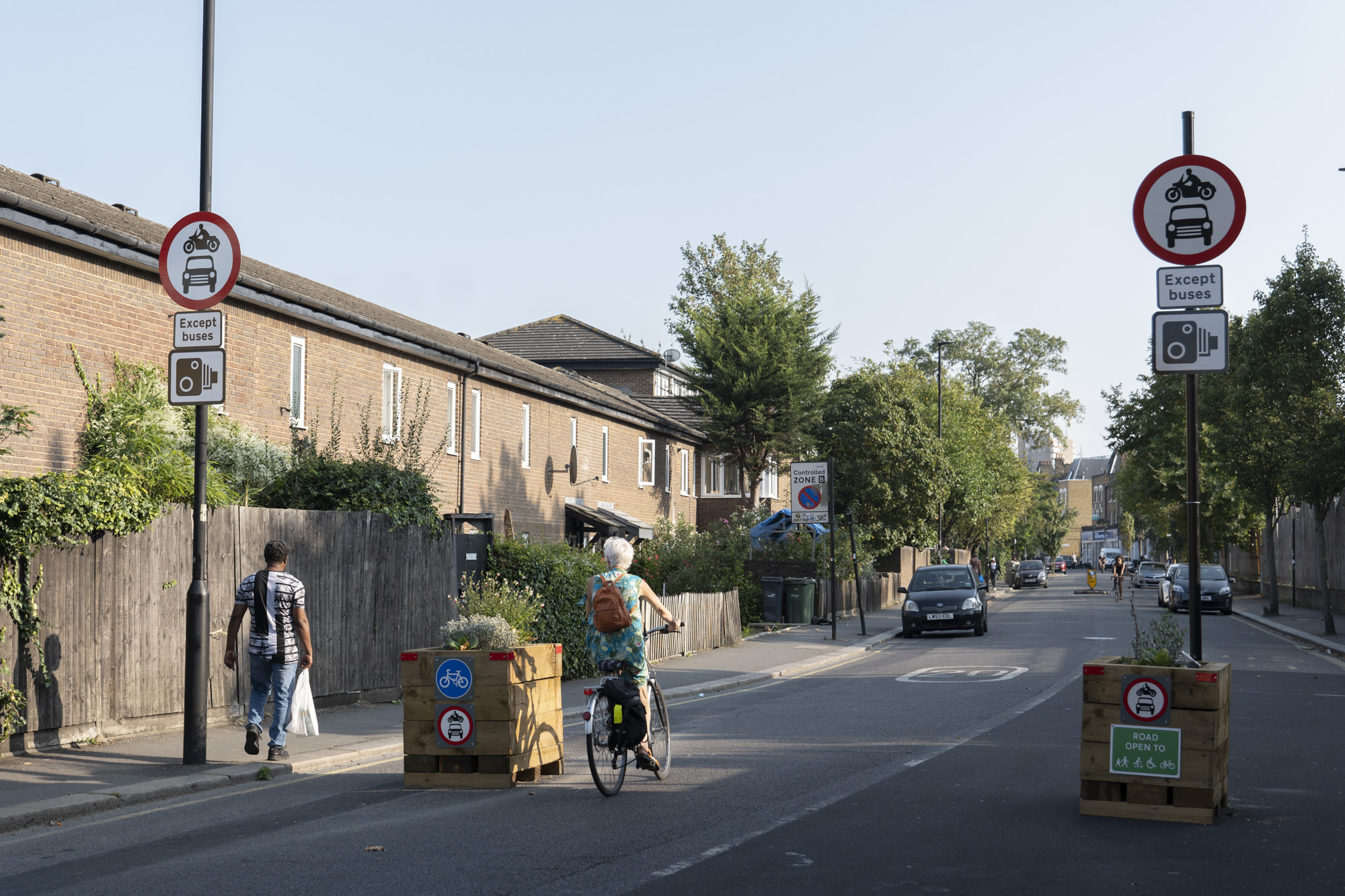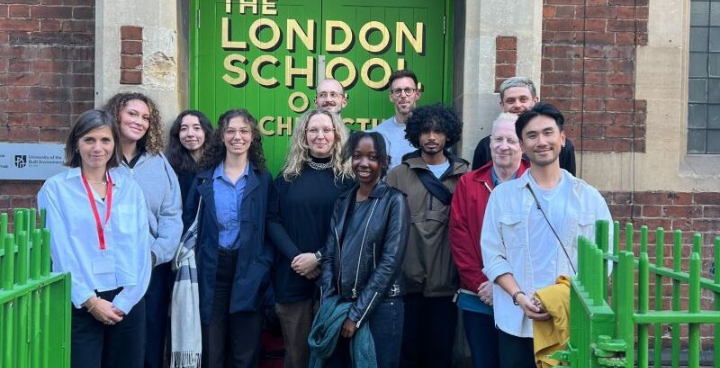
The independent study was carried out by academics from the London School of Hygiene & Tropical Medicine to monitor driving behaviour of residents on the inside, around the boundaries, and outside LTN areas.
They found that households living inside an LTN will reduce their average car use by 6.4 per cent.
Cllr Rezina Chowdhury, Cabinet Member for Sustainable Lambeth and Clean Air, said: “This is the first major study to consider how low traffic neighbourhoods can help change peoples’ behaviour, so they are less reliant on their cars.
“We are delighted that an independent study carried out by experts in their fields shows our approach is having an effect and an overall six percent reduction is significant.”
Lambeth Council has introduced five permanent low traffic neighbourhoods as it aims to cut air pollution, reduce road danger and make local neighbourhoods more walking, cycling and scooting friendly.
The researchers used annual permit parking data in four of the borough’s LTNs to analyse whether vehicle journeys increased or decreased over a five-year period from March 2018.
Data suggests the decrease in car journeys was due to behavioural change, meaning that residents within LTN’s were driving less on average, rather than car-driving residents moving out of an LTN area.
There was no significant change in kilometres driven by residents living around an LTN. It also found the impact of LTNs is similar for both affluent and less affluent neighbourhoods.
The report said: “In summary, our findings suggest that residents in Lambeth started driving less once their area became an LTN.”
It added: “…widespread roll-out of LTNs could make an important contribution towards reducing how much residents drive, and towards reducing local volumes of motor traffic.”
Lambeth Council has invested £16million in improving its transport infrastructure including new Healthy Routes to make it easier and safer for people to cycle around the borough.
The council has adopted a range of policies to tackle the climate crisis and has pledged to become Net Zero by 2030 as well as significantly improving air quality across the borough through its Air Quality Action Plan.
The recently announced Kerbside Strategy will see the council reclaim around a quarter of its kerbside space – the area between the road and kerb – that is normally used for car parking. Instead, space will be created for social or community use.
Cllr Chowdhury said: “Lambeth Council is a leading local authority when it comes doing it all it can to make its neighbourhoods fairer and fit for the future.
“Our car dominated streets deny people with disabilities the opportunity to move around their area safely and with confidence, children opportunities to play and present serious danger with hundreds of people killed and seriously injured in collisions every year.
“Lambeth believes big structural changes are needed, and we are putting in place the building blocks for achieving them.”
Find out more about the study and the findings online.



